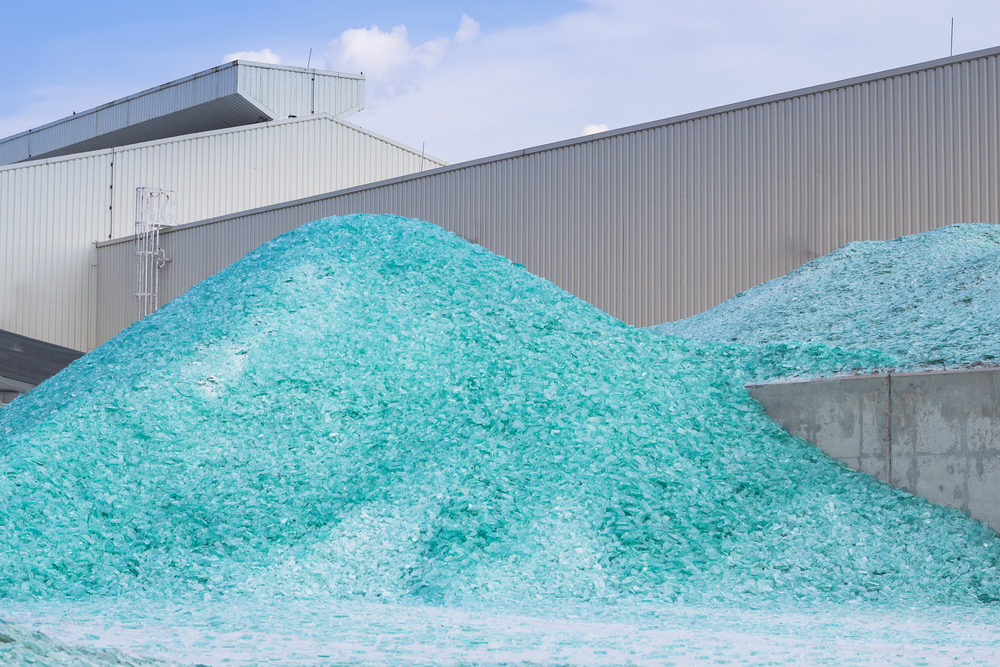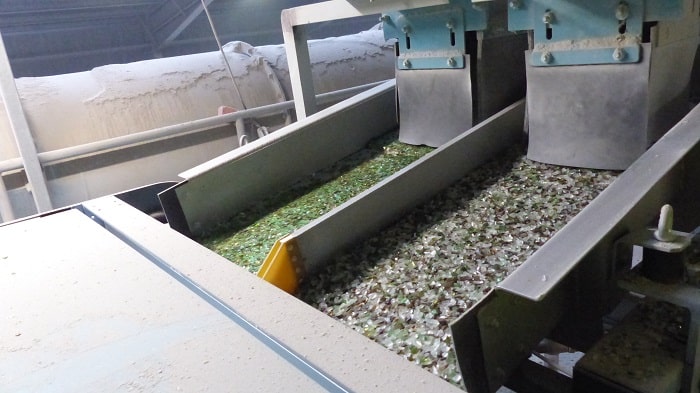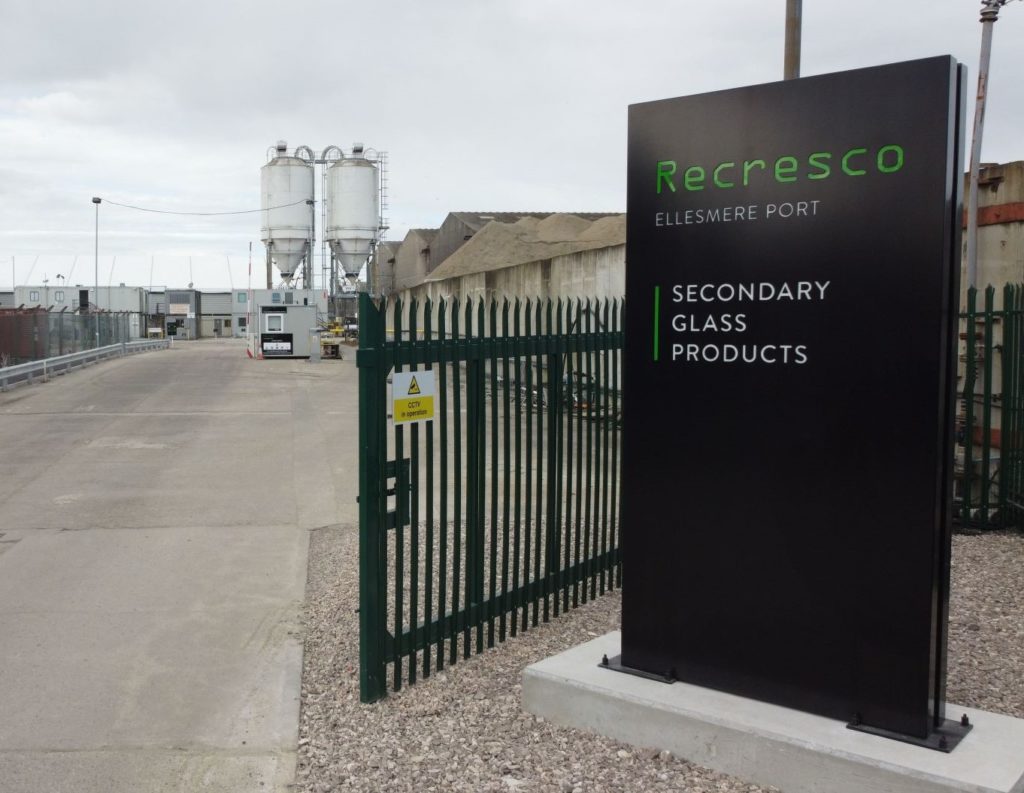West Yorkshire-based collector Berryman has led the way for commercial collections since it took over Valpak's Recycle-More-Glass scheme in April 2003. Mick Keogh, general manager of Berryman, said the company had expanded both the number of premises involved in RMG and the tonnages collected since taking it over.
“The market's pretty buoyant at the moment. Our own demand for glass has continued to grow, and we are managing to increase our volumes to help satisfy this,” he said. RMG collects about 60,000 tonnes a year from more than 10,000 pubs, clubs and restaurants, but Berryman wants to double that figure by the end of 2005.
Mr Keogh said commercial collections would be “one of the main thrusts” of meeting the glass packaging recycling target of 71% by 2008, not least because most kerbside collections exclude glass. “It's going to be as important or more important than kerbside – we need to get a contribution from both commercial and domestic kerbside collections. Neither one will do it on its own, we need to push for both of them,” he said.
Mixed
Mixed glass is not a problem for Berryman, which opened a new 2.5 million colour-sorting plant last month. This is capable of much more accurate sorting of glass colours than possible before.
But making much of a profit on commercial collections is hard because of the precedent set by Valpak of doing collections for free. Dan Waltzer of ECT Recycling, which does some RMG collections in the West Country for Berryman, explained: “Commercial collections are potentially a growth area, but the problem is the licensed trade is not really willing to pay for it.” Even though businesses pay landfill fees for disposal of unsorted waste, persuading them to make the effort to change was still hard, he said. “For some the attitude is, they're doing that anyway, so why should they separate glass out?”
Midland Glass is another collection company carrying out commercial collections, under the banner of Recresco. The company recently began a small collection round to a local brewery of 46 pubs, two golf courses and other pubs and social clubs in East Hampshire. It also has a sophisticated colour-sorting plant in Southampton and plans to upgrade its Kirkby-in-Ashfield site with the same equipment at a cost of 500,000.
But technical director Eric Gent said Midland did not want to expand these collections at present. “We have got so many things on at the moment, we don't want to overstretch ourselves,” he said. “This was something we could do easily and did as a favour to somebody we are already dealing with but to push it might be stretching ourselves. We prefer to push in areas where we have a unique take.”
Demand
Jim Powell of the British Glass Recycling Company, which deals in colour-separated glass only, said the rise of mixed glass commercial collections over the past year had been helped by demand from aggregates companies.
But Mr Powell warned that commercial collections could only take mixed cullet. He said: “The important thing will always be colour separated kerbside collections, and some bring banks. There's more and more evidence local authorities are using kerbside collection.”
The amount of domestic glass being collected is also on the increase because of looming council recycling targets, combined with the efforts of trade association British Glass to raise awareness that glass reprocessors could use much more recycled material.
Trial
A measure of the interest in commercial collections can be seen in the fact that WRAP has just begun the practical stage of a trial commercial collection in West Oxfordshire. The project, costing 212,000 in full and funded by WRAP and West Oxfordshire District Council, is collecting from 32 premises and is aimed at assessing the feasibility of commercial glass collections in rural areas.
Project researcher Matt Todd at Oxford Brookes University said: “A survey we conducted recently has shown that managers of most licensed retail premises are willing to recycle glass bottles but logistical problems and cost are the biggest barrier. We hope that this project will shed some light on how these problems can be addressed to increase recycling levels.”
If the three-month trial is successful, it will be rolled out across West Oxfordshire and used in a WRAP best practice guide.








Subscribe for free